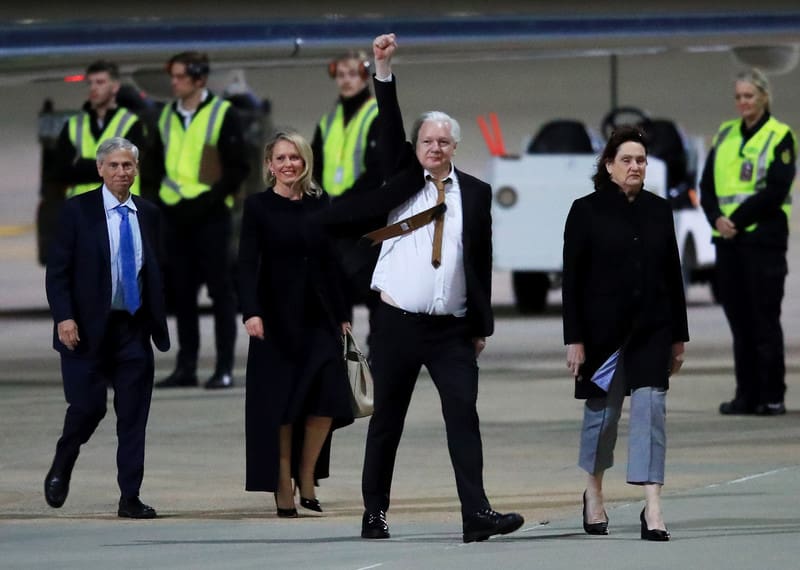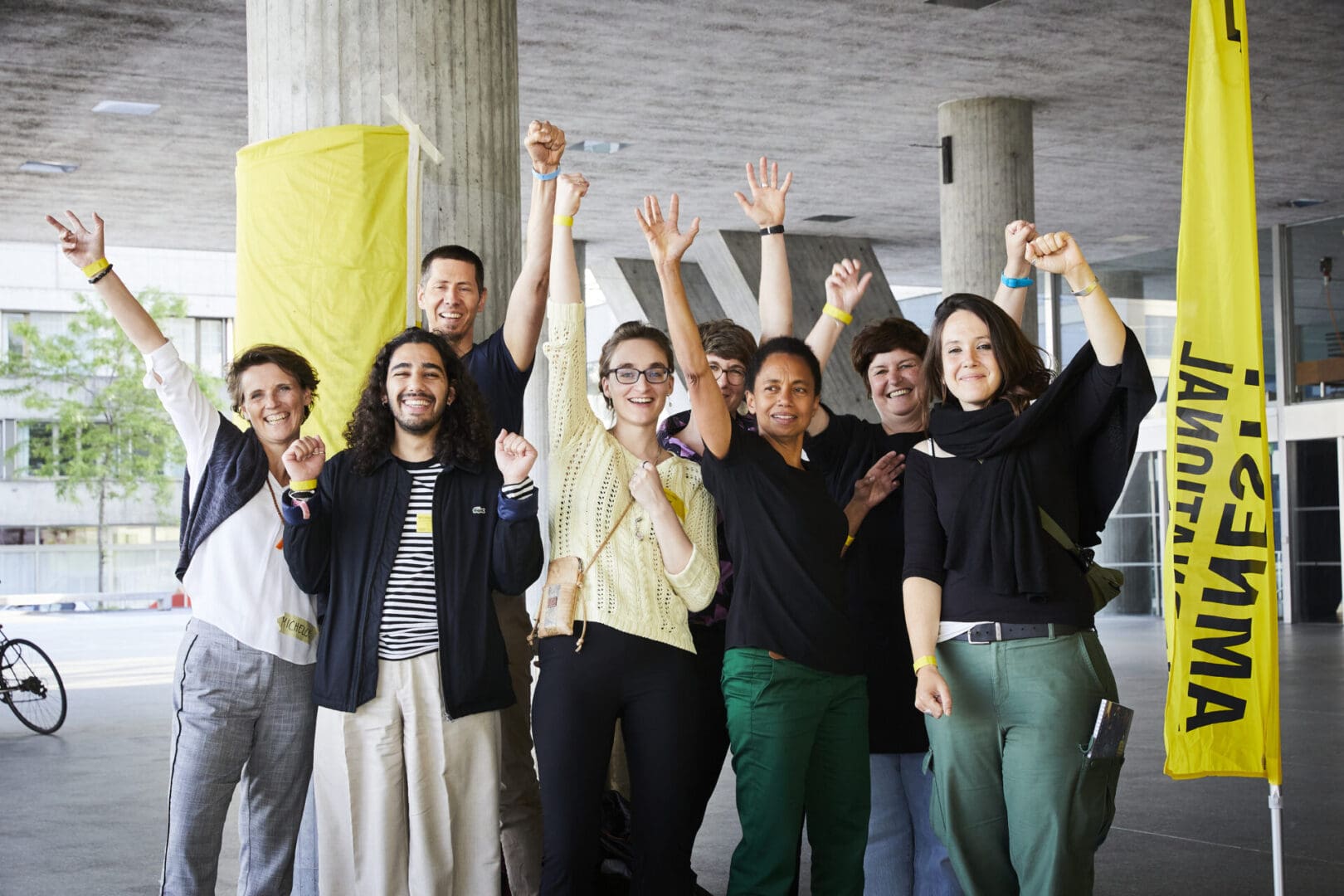
Even though we’re only mid-way through the year, Amnesty International has contributed to a series of human rights wins, with people released from prison, laws changed, and justice served!
Supporters around the world have taken action time and time again, proving that people power changes lives. We can’t wait to see what the rest of the year holds for human rights around the world.
January
Norway: Over the last few years, Norway has endured criticism from international human rights bodies for its treatment of people in prison with mental health problems. Isolation is widely used, and suicide rates are high. Last year, Amnesty Norway campaigned for prisoners’ rights, which led to the government significantly increasing resources to improve conditions, reducing the use of isolation, after the budget came into force in January
Thailand/Russia: Members of the Russian rock band Bi-2, detained in Thailand and facing potential deportation to Russia, were allowed to leave Thailand safely. This followed a significant public outcry, along with calls from Amnesty International. The musicians risked persecution in Russia due to their outspoken anti-war stance and the previous designation of one of its members as a “foreign agent”.
Belgium: A bill introduced by Justice Minister Vincent Van Quickenborne that would have under-minded the right to protest in Belgium was withdrawn. This followed demands made by trade unions and civil society organizations, including Amnesty International.
February
Belgium: At the beginning of February, the Walloon government announced it was suspending arms export licenses to Israel. This decision was in response to calls from a coalition of civil society organizations, in which Amnesty International played a central role. Although the military equipment was not supposed to be used by Israeli security forces, the Walloon authorities took the decision to suspend the exports.
Iraq: On February 17, the Kurdistan Region of Iraq (KR-I) authorities released journalist Guhdar Zebari after more than three years of unjust imprisonment during which Amnesty International campaigned for his release. In a message to Amnesty International, Guhdar Zebari’s lawyer thanked the movement for their efforts which he said had a positive impact.
Andorra: Human rights defender Vanessa Mendoza Cortes was finally acquitted after facing trial for speaking out against Andorra’s total ban on abortion, marking a huge victory for women’s rights. Thousands of Amnesty supporters took action, showing their support for Vanessa.
“I want to personally thank the more than 70,000 people who have taken action to support me and put pressure on the Andorran authorities,” said Vanessa. “You are part of this collective and peaceful victory. Despite the tough years, I feel lucky to walk side by side with you. Our strength is in our solidarity and in standing up for each other’s rights.”
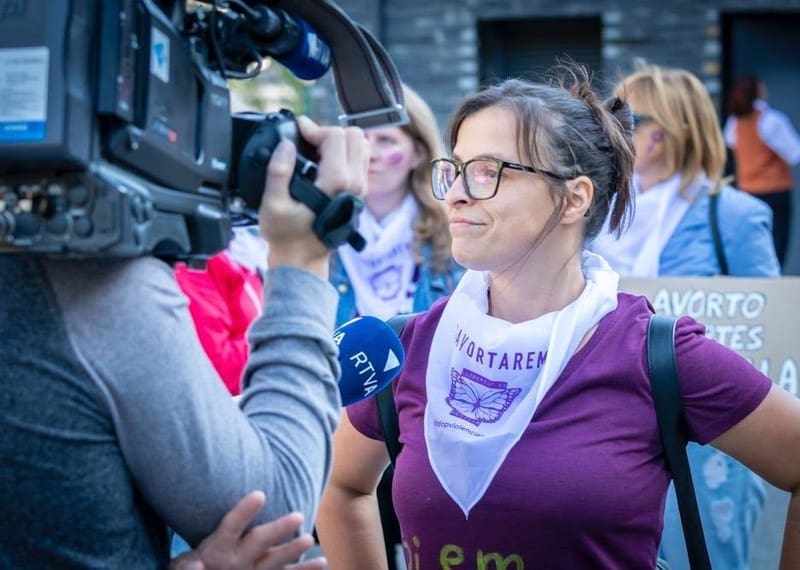
Global: At a ceremony in The Hague, 34 states signed the new landmark Ljubljana-Hague Convention, negotiated a year earlier to help deliver justice to victims of genocide, crimes against humanity and war crimes. The treaty strengthens the framework of international justice by providing new tools and better enabling states to cooperate with each other in cases involving crimes under international law. It will help ensure there are fewer ‘safe havens’ for those suspected of criminal responsibility and is an important advance against impunity.
Senegal: The Senegalese authorities released more than 600 people who were detained for having participated in or calling for demonstrations, or for being perceived as supporting the main opposition party. Amnesty has been campaigning for the release of people who had simply exercised their rights to freedom of expression and peaceful assembly.
Mauritania: Youba Siby, a Senegalese citizen of Mauritanian origin, was arrested in Senegal on 14 September 2023 after criticizing the son of a high-level Mauritanian politician on social networks. It later emerged he had been extradited to Mauritania and was being held in prison without access to a lawyer, where he was sentenced to four-years’ imprisonment.
On hearing of Youba’s arrest, Amnesty’s regional team shared the contact of a trusted human rights lawyer who took on his case for a small fee. Youba was freed in February and returned to Senegal. As he had lost his income and home, Amnesty supported him to re-establish his small business and cover some living costs for his transition back to freedom. Youba expresses his sincerest gratitude to Amnesty and its supporters for our help.
Greece: Greece’s Parliament adopted a bill recognizing same-sex marriage. This was an emblematic step seeking to ensure marriage equality for LGBTI people and allowing same-sex couples to adopt. Amnesty International Greece actively supported this legislation by submitting a written letter to the Greek government calling for change. While Amnesty International Greece acknowledges the importance of the bill, it is calling on the Greek government to introduce further legislative changes to guarantee full equality for LGBTI people and families.
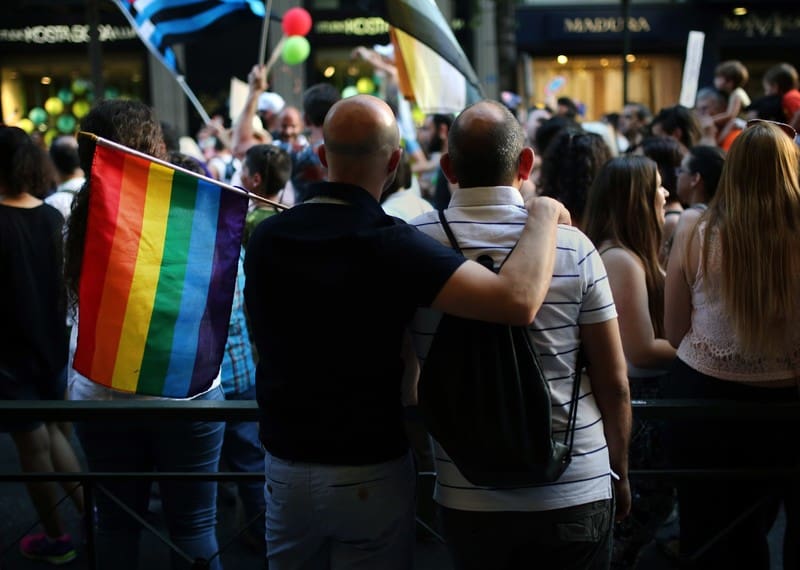
Belgium: After two years of public action by Amnesty International and others, the Brussels 20km running event ended its partnership with fossil fuel giant TotalEnergies, the race’s historic sponsor. TotalEnergies has been one of the main sponsors of the Brussels 20km since 2004 and the French multinational has benefited from the positive image of this popular race.
Europe: Dunja Mijatović, the Council of Europe’s Commissioner for Human Rights called for a human rights-based approach to sex work, following consultations with sex workers across Europe, representative organizations and civil society organizations. In her paper, she cited Amnesty International’s research on the violence faced by sex workers. Amnesty International will continue campaigning for decriminalization of sex work and the protection of the human rights of sex workers.
Switzerland: Following years of campaigning for justice, activist Mohamed Wa Baile won his case against Switzerland at the European Court of Human Rights, on discriminatory identity checks and Switzerland’s serious failings in the prevention of ethnic profiling. Amnesty International submitted a third-party intervention in the case. This judgement represents a victory for Wa Baile and for racialized communities in Switzerland and Europe.
EU: The European Parliament adopted a resolution on Iran, echoing Amnesty International’s recommendations for EU states to initiate criminal investigations against Iranian officials responsible for serious human rights violations through universal jurisdiction. The European Parliament echoed our calls for the abolition of the death penalty and the release of those arbitrarily detained in Iran. It condemned the appalling detention conditions in Iran and the widespread use of torture, including sexual violence, reflecting Amnesty International’s findings of security forces’ weaponization of rape and other sexual violence to crush the “Women Life Freedom” uprising, and the continued impunity for these crimes.
March
Japan: The Tokyo District Court and Sapporo High Court separately made historic decisions on two same-sex marriage cases, following lobbying from Amnesty International. By recognizing that the government’s ban on same-sex marriage is unconstitutional, the rulings made clear that such discrimination has no place in Japanese society.
EU: At the start of the year, several governments decided to suspend funding to United Nations Relief and Works Agency (UNRWA), a lifeline for Palestinians in Gaza. In response to these alarming decisions, Amnesty International advocated for the EU and member states to resume their funding without delay. In March, following our repeated calls, the European Commission announced it would resume disbursement of lifesaving EU funds to UNRWA, and has now paid the first two tranches. All the EU member states that had suspended their funding have now resumed it.
Burkina Faso: On December 1, 2023, human rights defender Daouda Diallo was apprehended by security agents and driven to an unknown location, and subjected to enforced disappearance. Amnesty International issued an urgent appeal, calling for his release. In March, Daouda was freed.
Following his release, he said: “I would like to thank Amnesty International and all those who mobilized and called for my release. These appeals were a light in the solitude of my ordeal and a reminder that I was not alone. Let us remain united in our commitment to defend the principles of justice, equality and dignity for all.”
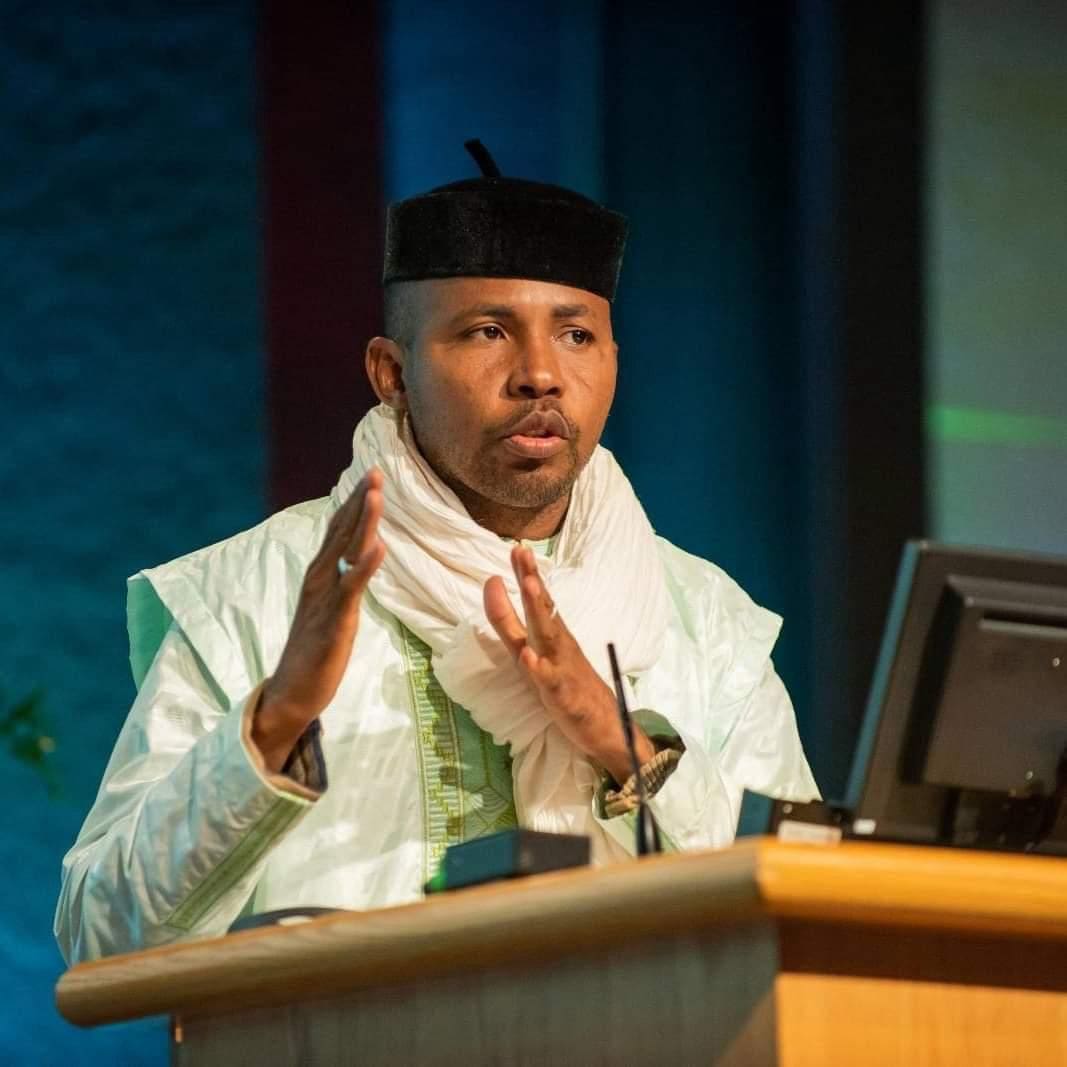
France: The French Congress voted to enshrine abortion as a guaranteed freedom in the French Constitution. Amnesty France campaigned for the change together with other national organizations.
Democratic Republic of Congo: Leading Congolese journalist Stanis Bujakera was released on March 19 after six months in prison. Stanisa was arrested on September 8, 2023, and charged with “spreading rumors” and “disseminating false information” after media outlet Jeune Afrique published an article containing allegations about the involvement of Congolese intelligence services in the murder of opposition politician Chérubin Okende. Amnesty International Belgium, together with others, called for Stanis Bujakera’s release, circulating a petition.
April
Myanmar: The UN Human Rights Council adopted a resolution on Myanmar that for the first time called on UN member states to refrain from the export, sale or transfer of jet fuel to Myanmar. This decision followed years of advocacy across the globe led by Amnesty International in close collaboration with Myanmar civil society organizations, as well as via Amnesty’s 2022 ‘Deadly Cargo’ report.
Argentina: A prominent Argentinian influencer was sentenced to community service, after he was found guilty of systematic online gender-based harassment against journalist, Marina Abiuso. Amnesty Argentina supported Marina throughout her trial.
“I am a journalist. Freedom of expression and freedom of the press seem to me to be fundamental values. Denouncing harassment and threats is not against freedom but to protect it,” wrote Marina.
India: Following Amnesty International’s long-standing campaign calling for the release of 16 activists in the Bhima Koregaon case, the Supreme Court granted bail to professor and human rights activist Shoma Sen, six years after she was arrested. Later, in May 2024, journalist Gautam Navlakha was granted bail, almost four years after he was arrested.
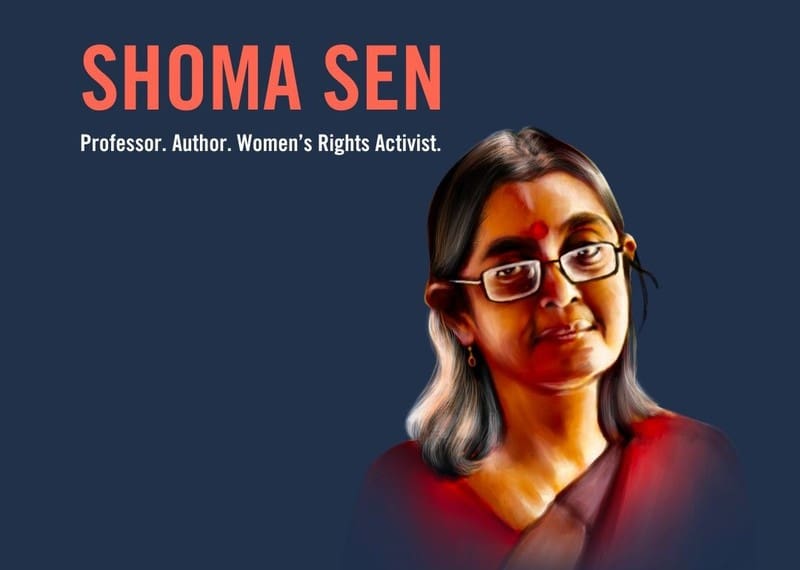
May
Türkiye: Eren Keskin, prominent human rights lawyer, and the co-chair of the Human Rights Association was acquitted of charges of “insulting the Turkish nation,” following calls from Amnesty International.
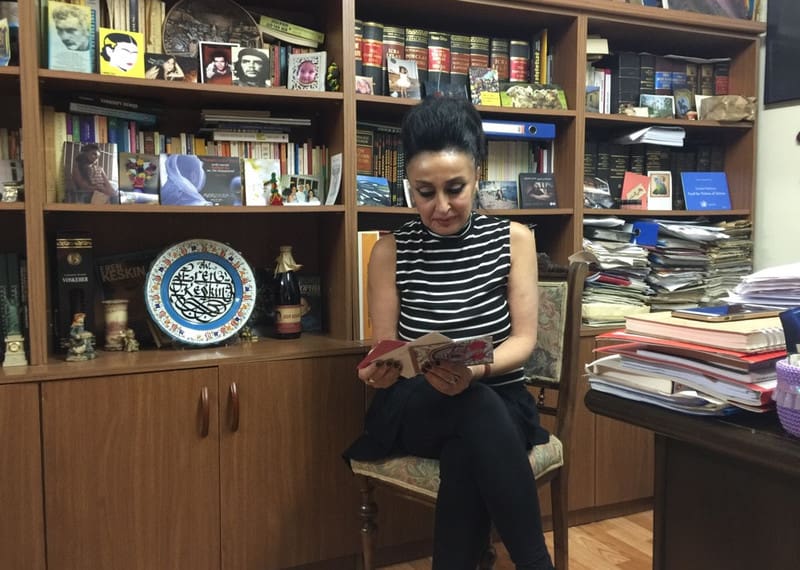
Global: After years of advocating alongside many other civil society organizations for older people’s rights to be better protected, the UN Open-ended Working Group on Ageing finally adopted a momentous decision at its 14th session, identifying gaps in the protection of older people’s rights and recommending, among other measures, a new international convention.
This decision is a significant success, marking the start of a journey towards the potential drafting a UN convention on older persons’ rights. Such a convention is essential to adequately protect the human rights of older people, and Amnesty International will continue to campaign to see it become a reality.
Europe: The Council of Europe’s European Committee of Social Rights unanimously ruled that Italy breached the European Social Charter with respect to the housing situation of Roma communities, in response to a complaint filed by Amnesty International in 2019, drawing on over a decade of research. Italy will now be required to take steps to ensure adequate, non-segregated and non-discriminatory housing for Roma, and to provide remedies for those who have experienced discrimination and segregation.
Global: Dreaming in the Shadows is a 15-minute documentary film made by the independent Ukrainian director Marina Chankova and commissioned by Amnesty International. The documentary features three older people in Ukraine who have been displaced or are still living in areas directly impacted by the war. The film was selected as a finalist for the UAFF film festival in Turkey, and was selected to screen at the NewsFest film festival in California, USA. It also received an award of merit in the Disability Issues and Woman Filmmaker categories at the Accolade Global Film Competition.
Greece: Nine survivors of the 2023 Pylos shipwreck – in which over 600 migrants and refugees lost their lives – faced trial at the Kalamata Criminal Court on charges including causing the shipwreck and smuggling. Amnesty International’s research, conducted jointly with HRW, found indications that the shipwreck was caused by the Greek coast guard, who attempted to tow the migrant boat. The Court found the nine survivors not guilty of smuggling and dismissed the case, concluding it does not have jurisdiction on the charge of “causing the shipwreck” as the Pylos shipwreck occurred in international waters.
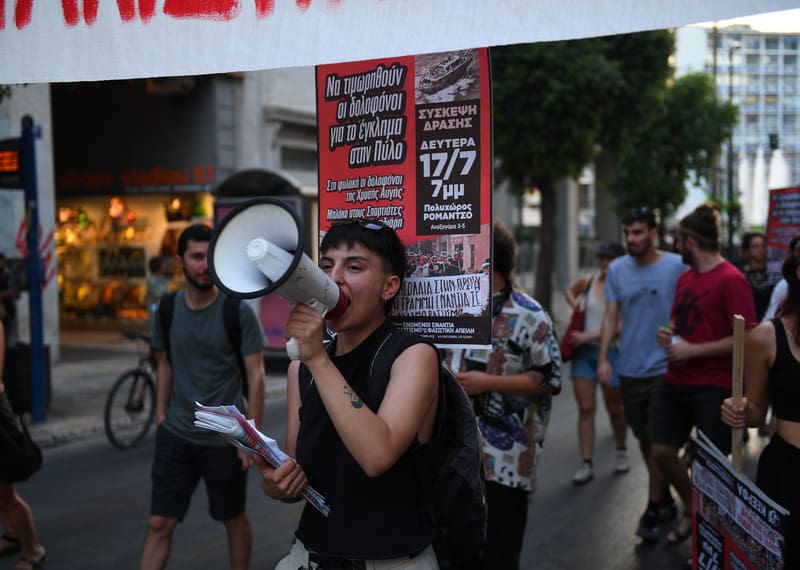
Syria: In April, Jordanian authorities arrested Syrian refugees, Atiya Mohammad Abu Salem and Wael al-Ashi, in a sweeping crackdown on pro-Gaza protests. The Ministry of Interior issued deportation orders for them, without charging them for any crime. In May, Atiya and Wael were released after more than a month of being held in arbitrary detention, following calls from Amnesty International.
June
Kyrgyzstan: Twenty-two defendants in the “Kempir-Abad case” in Kyrgyzstan were finally acquitted – a significant victory for justice and human rights. The charges against activists involving allegations of plotting mass riots were politically motivated, and the case suffered from inconsistencies and procedural violations. The defendants endured months of inhumane treatment, including denial of adequate healthcare. This verdict, celebrated by Kyrgyzstani civil society and women human rights defenders, is seen as setting a hopeful precedent against politically motivated prosecutions in the country.
One of the acquitted defendants, human rights defender and Amnesty International Write for Rights 2023 hero Rita Karasartova told Amnesty International: “We didn’t expect it at all. We were crying from surprise.”
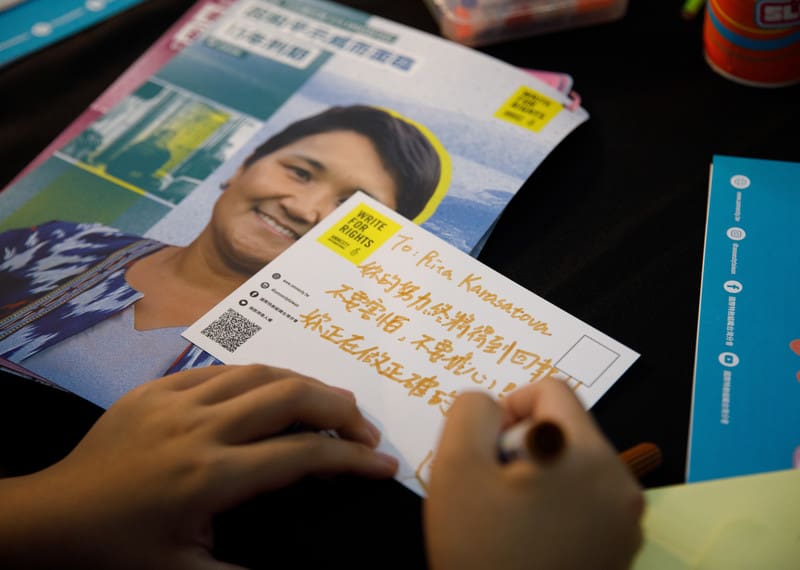
Russia/Ukraine: Following calls from Amnesty International, the International Criminal Court’s decisions on 5 March and 25 June to issue arrest warrants against top Russian military officials Lt. Gen. Sergei Kobylash, Adm. Viktor Sokolov, former Minister of Defence Sergei Shoigu, and Valery Gerasimov, Chief of the General Staff, marked significant milestones in international efforts to uphold human rights during Russia’s aggression towards Ukraine. The high-ranking officials are suspected of directing attacks on civilian objects and causing excessive incidental harm to civilians.
Argentina: In a landmark ruling, Brazilian actor Juan Darthés was found guilty of the rape of Argentinian actress Thelma Fardin. Amnesty provided legal and psychosocial support to Thelma.
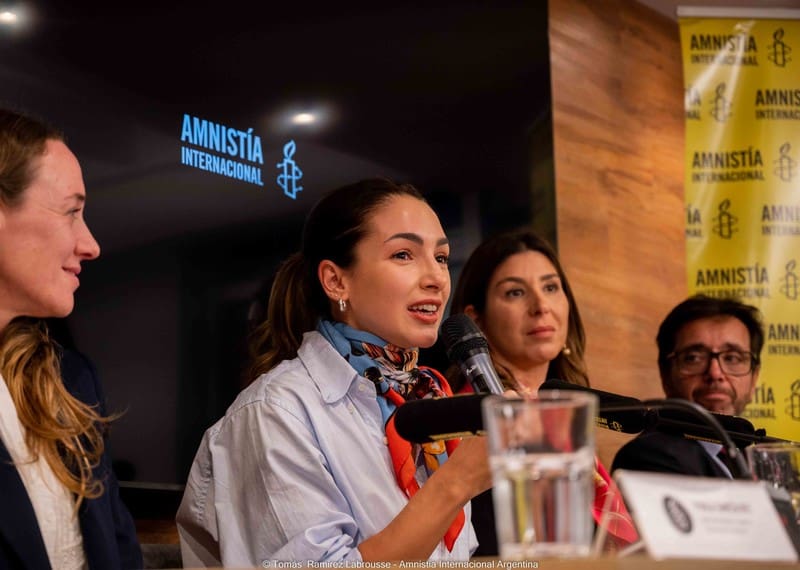
“I never sought revenge. I did everything I could to open the way to a fairer future for girls and adolescents,” said Thelma.
Global: The Paris Court of Appeal confirmed the legality of an arrest warrant against Bashar al-Assad, President of Syria, accused of responsibility for the use of chemical weapons in Eastern Ghouta, Syria, in 2013. The appeals court confirmed that, on an exceptional basis, a sitting head of state may not enjoy immunity in foreign courts – a first time for the national court.
Sri Lanka: Sri Lankan comedian Nathasha Edirisooriya was discharged from a case filed against her for advocating hate through comments made during a stand-up comedy show that were allegedly disrespectful of Buddhism. Amnesty International campaigned on her case.
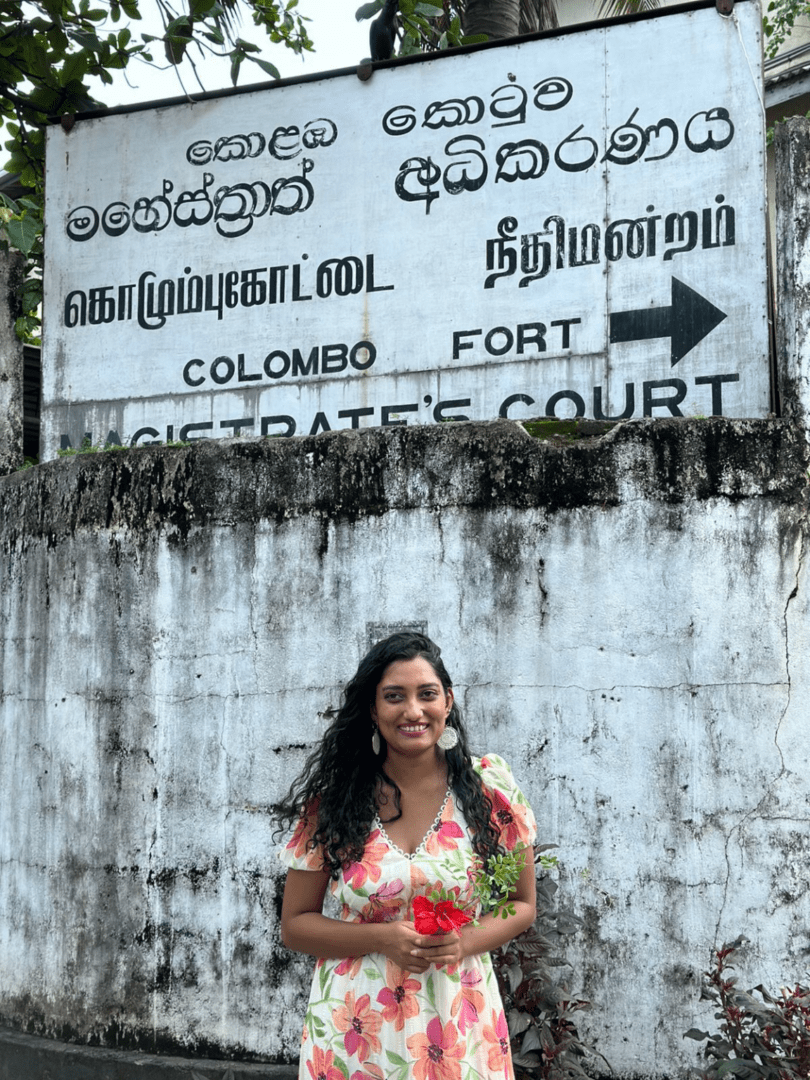
Sierra Leone: In 2018, Amnesty visited the Kono district in Sierra Leone, where the Meya mining company was excavating diamonds. During a research mission, Amnesty discovered that boreholes built by the company were causing water pollution. There were high levels of nitrates in the samples taken (110 mg/l for the sample 1 and 120 mg/l for the sample 2), which were well above safe levels (50 milligrams per litre) recommended by the World Health Organization. (Following Amnesty’s findings, Sierra Leone authorities sent a letter to the company requesting that they respond to our concerns. According to a recent report from an independent consultant in June 2024, the levels of nitrate in the water are now within WHO guidelines for drinking water.
Thailand: Thailand’s Parliament passed the marriage equality bill, taking a historic step towards becoming the first country in South-East Asia to legalize marriage for LGBTI couples, following sustained campaigning from Amnesty International. The bill, which grants LGBTI couples equal rights with heterosexual couples in relation to marriage, child adoption, healthcare consent and inheritance among other things, will next be submitted to the Thai King for royal endorsement.
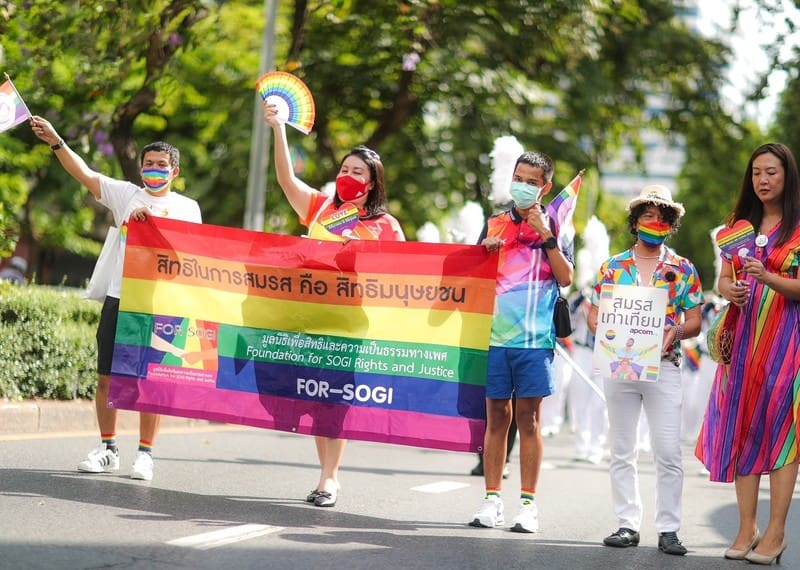
Sierra Leone: Child marriage was finally banned in Sierra Leone on June 20. The Prohibition of Child Marriage Bill 2024, which criminalizes marriage for anyone under the age of 18, seeks to protect girls from a harmful practice. Amnesty International contributed to this historic decision through its campaigning and human rights education project, which involved educating communities on the harmful practices of child marriage and FGM.
Republic of Congo: Following a report from Amnesty, the Ministry of Environment suspended the operations of the recycling company Metssa Congo, on the grounds of the potential risks to the health of the local population and the surrounding environment. While drafting its report, Amnesty supported residents to take blood tests showing high levels of lead in people (including children) living near the factory. Amnesty also paid for the legal procedures. Following the suspension, Cyrille Ndembi, President of the Vindoulou Residents’ Collective, said:
“We spent a calm and peaceful night, with no noise, smells, smoke or vibrations, and no stress or anxiety. We are mobilized to ensure that the Minister’s decision is respected. Our most fervent wish is to see this plant be closed and relocated. Once again, thank you!”
Yemen: On June 21, the Huthi de facto authorities released Baha’i human rights activist Abdullah al-Olofi after he spent more than a year in arbitrary detention. On May 23, 2023, Huthi armed forces stormed a peaceful gathering of the Baha’is in a private residence in Sana’a, and arbitrarily detained 17 people, including Abdullah al-Olofi. Amnesty has been campaigning for the unconditional and immediate release of all those detained ever since. The Huthi de facto authorities also released Yemeni judge Abdulwahab Mohammad Qatran after he spent more than five months in arbitrary detention at the Huthi-run security and intelligence detention center in Sana’a, Yemen.
In a message to Amnesty International, Abdelwahab Mohammad Qatran thanked the organization for campaigning for his release and standing in solidarity with him.
UK/USA: Julian Assange finally reached a plea deal with the US authorities after spending five years in a high security prison in the UK. Assange pleaded guilty to one count of conspiracy to obtain and disclose national defense information, leading to a sentence of 62 months, which Julian Assange has already served. Amnesty International has been campaigning on behalf of Assange since he was imprisoned.
